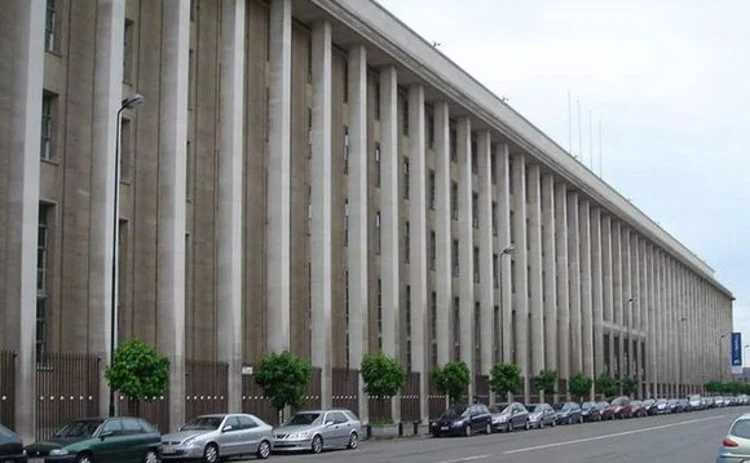
Belgium central bank paper reviews effects of trade liberalisation in low-wage countries

A National Bank of Belgium paper shows that trade liberalisation with low-wage countries leads to less reallocation from low-skill-intensity industries to high-skill-intensity industries.
Catherine Fuss and Linke Zhu, the paper's authors, use Belgian manufacturing firm- and firm-product-level data from 1997 to 2007 to determine the effect of trade liberalisation on resource reallocation. The authors first provide evidence on industry integration induced by multi-product firms producing simultaneously in multiple industries and on the extent to which industry integration occurs between industries that have different degrees of comparative advantage.
The results indicate that within more closely integrated sectors, trade liberalisation with low-wage countries leads to less reallocation from low-skill-intensity industries to high-skill-intensity industries, both in terms of employment and output. They also find that more integrated industries experience less skill upgrading after trade liberalisation with low-wage countries.
Click here to read the paper
Only users who have a paid subscription or are part of a corporate subscription are able to print or copy content.
To access these options, along with all other subscription benefits, please contact info@centralbanking.com or view our subscription options here: http://subscriptions.centralbanking.com/subscribe
You are currently unable to print this content. Please contact info@centralbanking.com to find out more.
You are currently unable to copy this content. Please contact info@centralbanking.com to find out more.
Copyright Infopro Digital Limited. All rights reserved.
You may share this content using our article tools. Printing this content is for the sole use of the Authorised User (named subscriber), as outlined in our terms and conditions - https://www.infopro-insight.com/terms-conditions/insight-subscriptions/
If you would like to purchase additional rights please email info@centralbanking.com
Copyright Infopro Digital Limited. All rights reserved.
You may share this content using our article tools. Copying this content is for the sole use of the Authorised User (named subscriber), as outlined in our terms and conditions - https://www.infopro-insight.com/terms-conditions/insight-subscriptions/
If you would like to purchase additional rights please email info@centralbanking.com
Most read
- ECB says iPhone is currently incompatible with digital euro
- Supervisors grapple with the smaller bank dilemma
- Schnabel: ECB could replace central forecast scenario







